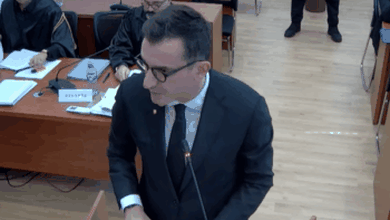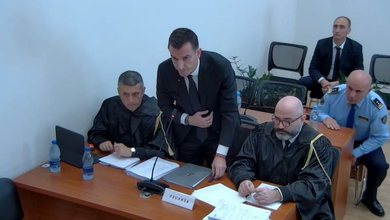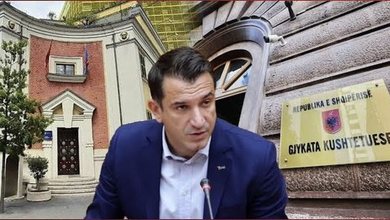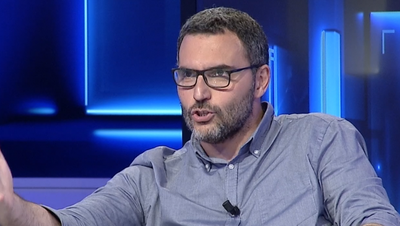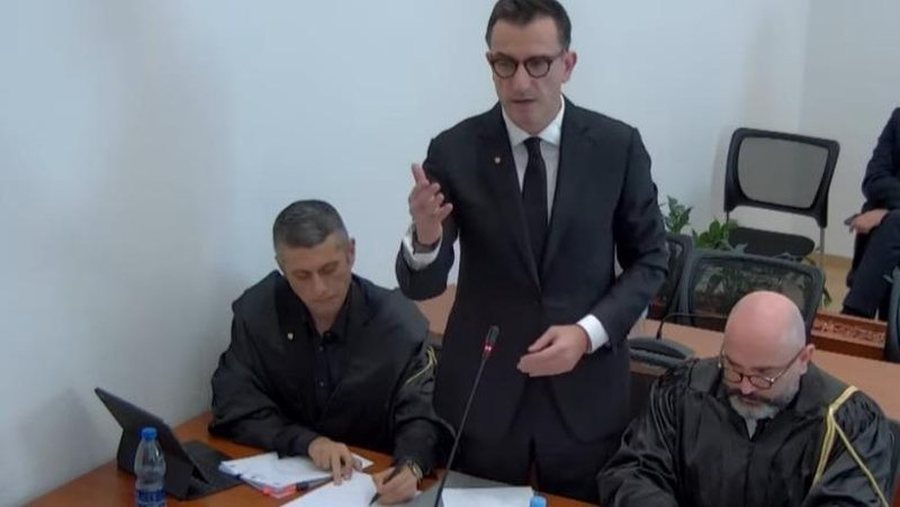
Before the Constitutional Court, Erion Veliaj appeared not simply to defend himself, but, as he argued, to defend a constitutional standard: that of local autonomy. His defense began with a basic claim: his physical absence from the Municipality was not a personal choice, but a situation imposed by the state — and, according to him, if he could not be physically in office for reasons beyond his control, he could not be considered absent from duty.
In his interpretation, the law did not equate “physical failure to appear” with “failure to exercise function.” On the contrary, he argued that he had continued to exercise his duty with signed acts, delegations, and documented decision-making, showing that the Municipality had not been left without hands or a signature.
Veliaj also brought up the comparison with Tropoja: in another case, a mayor confined to his apartment for 11 months was not touched by the government. Therefore, he read the intervention against him as discriminatory and selective — a “double standard” that, according to him, looked more like politics than justice.
He stressed that no one had identified a violation on his part, much less a serious violation. According to his defense, there was no action, no inaction — simply a situation where one part of the state had kept him in confinement while respecting the presumption of innocence, while another part had penalized him by dismissing him. And in procedural irony, without giving him the opportunity to be heard before the decision was made.
The defense extended to the legal basis: Article 62/c of the law on local self-government, according to him, was not in accordance with the Constitution. So, according to his argument, the issue was not only “Veliaj in office or not”, but who determined the standard of functioning of local government in Albania.
In this legal-political narrative, between articles and principles, Veliaj made it clear that he was not just defending a mandate, but the idea that the state could not be both a guardian of freedom and a weapon of discharge.
His implicit message: if you didn't let me be in the office, don't treat me like I chose not to be.



